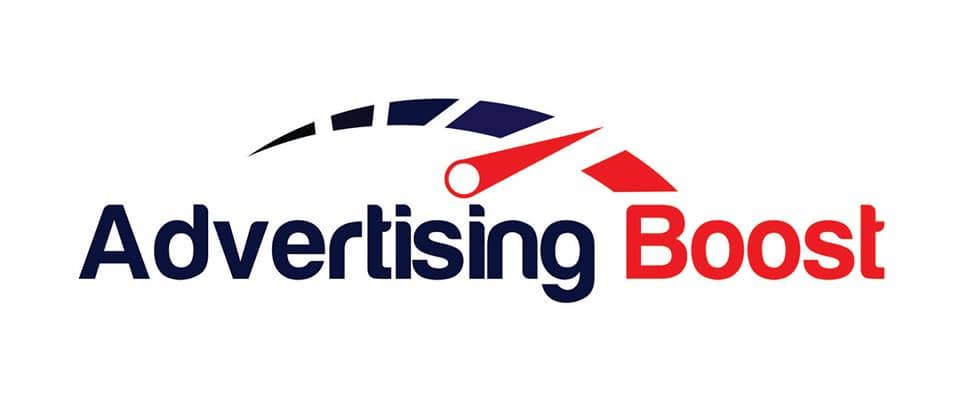Don’t Make These Seo Mistakes
Search engine optimization has changed radically over the last five years, as Google has drastically shaken up the process they use to rank sites. But many small business owners are still using outdated strategies and techniques which not only fail to lift their sites in the rankings, but can actually cause their sites to suffer. Here are the six most common seo mistakes made by small businesses, and how to fix them.
1. Exact Match Anchor Text
There was a time when Google recommended using the exact keywords you wanted to rank for as the anchor text, when building links to a web page. For example, a company trying to rank a page for the keyword “tax relief” would use this exact phrase over and over in the links pointing at their site. Google stopped rewarding that technique in their infamous “Penguin” updates, which sent sites using this strategy plummeting in the rankings.
Unfortunately, many small businesses still use this approach. If your links contain more than a certain percentage of exact match anchor text, you are probably never going to move up in the rankings. The acceptable percentage of exact match anchor text is a highly debated topic, but most people feel it should be no more than 15 percent of all links pointing to a particular page, and many SEO experts think it should be considerably less.
The solution to this problem is to use brand and domain name anchor text instead of exact match keywords. Put another way, your links should read:
“According to MySampleSite.com, the IRS is granting tax relief to individuals with tax problems.”
Not:
“According to MySampleSite.com, the IRS is granting tax relief to individuals with tax problems.”
If you doubt the merits of this approach, consider the actual IRS website. IRS.gov ranks well for most tax keywords and the IRS does no overt search optimization. Still, millions of sites link to the IRS website because of the resources available on it. The vast majority of these links use the anchor text “IRS” and “IRS.gov.” This should tell you something.
As a general rule, exact match keyword phrases should be used sparingly when building links. If you already have a good number of exact match links, stick solely to your brand name, domain name or generic phrases like “click here” from this point forward when building links. This is still one of the biggest SEO mistakes around the web.
2. Start, Stop, Start, Stop
Search engines consider the “velocity” of links built to a site as a key ranking factor. They’re looking for sites which naturally receive links from other sites rather than links which are artificially-placed. One important indication of natural linking is the rate at which incoming links are built. A site which is truly growing in popularity is going to receive links on a fairly consistent basis.
Many small business owners run into problems with link velocity. Inconsistent link building will kill you in the rankings. If you build 25 links one week, none over the next two weeks and then 50 links in the fourth week, your jerky link velocity is going to raise red flags with the search engines. Google, in particular, will punish a site for this type of link velocity.
To fix this problem, budget at least 30 minutes a day (if you can) for link building. You may only build one or two links a day, but it doesn’t matter. Link velocity is so important that it is far better to build only a few links a week than it is to stop and start repeatedly.
3. Directories – The King Is Dead, Long Live The King
There was a time when submitting a site to hundreds or even thousands of directories was considered a fundamental link building tactic. This is no longer the case. Search engines now consider general directory links to be of very low value and often downgrade sites in the rankings if an excessive number of their links are generated from such directories. While it is true that links from a high-quality directory is still somewhat valuable, most general directory sites are a waste of time.
This isn’t to say all directory listings are worthless. Directories which are location- or topic-specific, and are editorially reviewed by real humans, still have value and are worth pursuing. For example, a consulting company in San Diego should definitely pursue links from online directories listing San Diego businesses. Make sure to search for link opportunities from directories in your geographic area or business niche.
4. Failing To Link Internally
Is there such a thing as an “easy link” worth pursuing anymore? Absolutely. The link in question is known as an “internal link.” This is a link in the body of the text on one page of your site pointing to another page of the same site.
Small business owners fail to pursue internal linking because they mistakenly believe such links “don’t matter.” After all, you would think that a link from a site to itself isn’t going to pass any link juice – but you would be wrong. Each page of a website has its own value. This value can be transferred by linking the page to another on a site. If you run an eCommerce site and have difficulty building links to individual product pages, this is one method for doing it.
You may be tempted to go nuts creating internal links. Don’t. Try to stick to two or fewer links and no more than three. Importantly, you don’t need to worry about using exact match keyword phrases for anchor text with internal links. By the way, Google has indicated this is an acceptable practice for internal links within a site.
5. Poor Quality Content
Google’s Panda updates were a real shock to both small and large businesses. With this algorithm change, Google sought to downgrade sites which had poor or “thin” content in favor of sites with higher-quality content. Prior to Panda, many highly ranked sites offered 250 to 500 word pieces of content which were mostly fluff and written solely for the purpose of getting ranked. The new algorithm was designed to punish those sites.
The new rule is simple. If you want a page on your site to rank highly, it needs to have high-quality content. How do you know if your content is poor? The best approach is to review each page of your site and ask a simple question.
“If I asked a person I respect in this niche to read this page, would they be likely to share it with others?”
If the answer is no, you need to rewrite the content. It is that simple.
6. Good And Bad Press
If you had a dollar for every press release sent out on PRWeb and similar services, you would be very rich. It’s true that online publicity is hugely influential in ranking a website. However, the cliché that all publicity is good publicity is no longer true in SEO.
Unlike a few years ago, pumping out press releases through online services is going to get you nowhere unless you are already established as a heavyweight in your niche. 99 percent of small businesses are in the featherweight category, which means you are wasting your time by relying on online press releases. Some gurus and publications will try to convince you that these links will still help you in the rankings, but Google clearly devalued those links in 2013.
This does not mean seeking PR is a waste of your time. Being listed as a source in an article written by a real journalist in a real industry publication or newspaper is extremely helpful from a rankings perspective. A single link on the New York Times website, or that of any large newspaper, can be worth as many as a thousand other links of just about any other type. That’s because legitimate newspaper and industry sites are considered authority sites. Their sites carry so much value from an SEO perspective that even just the mention of your brand, without a corresponding link, will help you greatly in the rankings.
If press release services are not the way to go, how are you supposed to get in front of journalists? The first strategy is to sign up with sites like HelpAReporter.com. On these sites, journalists list stories they are working on and you can offer to act as a source for information or quotes in the reports they publish online.
A second strategy is to use Twitter to form relationships with journalists. You can do this by first searching online for news stories about subjects in your business niche. Identify the journalists writing those stories, then follow them on Twitter and start engaging with them. As you build up credibility with the journalists over time, they are likely to use you as a go-to source for their articles. The beauty of this is not only the positive effect on your rankings, but that readers of the articles will often visit your site to learn more about you and the services or products you offer. In short, a win-win situation.
Is SEO as dead as some people suggest? No. The process is simply evolving, much as the web does on a daily basis. If you are making any of these seo mistakes in your search engine optimization campaign, it’s time to reevaluate and readjust – and then either start more closely following the continuing changes in search engine strategies, or hire someone to do it for you. With the importance of online business these days, you can’t afford to be left behind in your approach to SEO.



